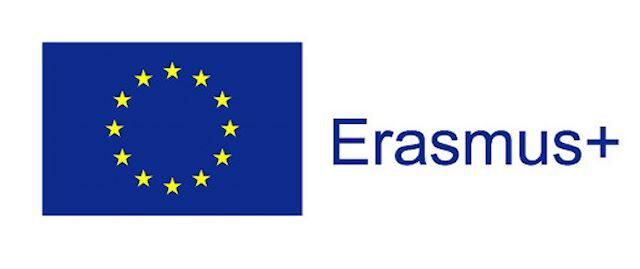In the university was discussed a documentary “Kuzma Derevianko. General of Victory” (NTV Ukraine, 2015), dedicated to commemoration of our compatriot, legendary Ukrainian, famous commander, general-lieutenant Kuzma Mykolayovych Derevianko.
After watching a film there took place a discussion. Her recollections about an uncle shared his niece – assistant professor at Vadym Getman Kyiv National University Larysa Trokhymenko. Larysa Mykolaivna is an author of the book “Legendary General. Documentary observation” (Kyiv, 2004).
On the work under the film in more details told it’s authors – Yuriy Shapoval Iryna Shatokhina. After an interesting discussion a dean of History Department Tetyana Kuznets thanked the film makers.
Historical reference
Kuzma Mykolayovych Derevianko (date of birth – 14.11.1904, date of death – 30.12.1954) was born in the village of Kosenivka, Uman district.
He was brought up in the atmosphere of patriotism, his parents much influenced him. After graduating from a school at church he entered Borys Grinchenko gymnasium #1 in Uman.
At that time he was captured by cultural life in Uman. During his studies Kuzma Derevianko took part in amateur performances, played in the youth theatre, which was found in the city under the guidance of Les’ Kurbas.
Kuzma often sang Ukrainian songs, played a guitar and mandolin.
From 1922 he served in Red Army. He was also studying at Kyiv and Kharkiv schools of red commanders.
In 1933 together with his family he moves to Moscow, where in 1933 he enters Eastern Department at Mykhail Frunze Military Academy. A military scout and diplomat, Derevianko spoke English and Japanese.
In 1936-1938 he was on Soviet military mission in China. In 1938 he was in danger of arrest.
In 1939-1940 he participated in Soviet-Finnish war. During World War II Kuzma Derevianko showed his military skills of a strategist. For his heroism revealed during military operations, he was marked by orders and rewards. In April 1945 he received a rank general-lieutenant.
In a few days after Hiroshima and Nagasaki atom bombarding (6th and 9th of August) he was at that place, carrying out Stalin’s task. After this he felt consequences of this stay in radioactive zone.
On 27th of August he received a telegram from Supreme Command headquarters in which he was authorized from USSR to sign an Act about the end of the war, so he did on the 2nd of September 1945. Thus, in the end of the war in Europe he represented USSR in Allied Council in Austria, being a representative of Soviet Supreme Command at headquarters of Pacific Ocean. He was entrusted to sign Act on capitulation of Japan from the part of USSR. Together with General of USA Duglas McArthur he came to Japan on the 30th of August, where on the 2nd of September happened the final event of World War II. The Act, which testified to defeat of Japan, was signed in complete silence. By this document Japan was obliged to stop war actions and execute all necessary demands of allies. When Derevianko came up to the table to sign this document, American seamen were applauding.
A few days later, a general put his life at stake and visited Japanese cities Hiroshima and Nagasaki, which had been recently atom bombarding by Americans. He took some pictures and describes what he saw. In the end of September 1945 he was invited to Moscow. He reports to Yosip Stalin about capitulation of Japan and situation in this country, state of its army. Particular attention was paid to photos with consequences of atom bombarding. General’s activities were completely approved. His materials were used to make soviet atom weapon.
In January 1946, Kuzma Mykolayovych was appointed as a representative of USSR at Allies Council in Tokio. This Council was comprised of general D. Makartur (USA), Chinese and British representatives, and controlled capitulation conditions execution by Japan. During six years of Council’s existence, there was constant opposition with USA. “Cold war” was on. In such conditions Derevianko was persistent and defended interests of both his state and Japan. He proposed actions towards democratisation of post-war Japan, prepared 33 applications and a memorandum concerning relations with American administration on ways of reestablishment and development of Japanese economy and culture, soviet-Japanese relations, etc.
In 1952 Allies Council stops its activities. Derevianko was removed to Moscow, were he worked in Ministry of Defence and a head of Military Academy Chair.





















